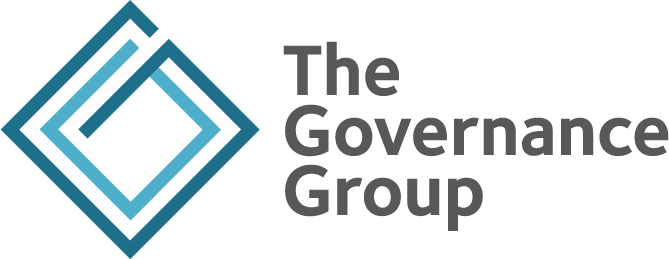Good governance means knowing your role – and sticking to it!
Policy making versus management, oversight versus operational – arguably, the most important and debated aspect of governance comes down to the Board knowing its role.
Some of the debate is philosophical (e.g., How can the Board exercise effective monitoring and direction over an organization without entering operations?), but most of the debate is about the characterization of actions. Strong, thoughtful practices steer an organization toward effectiveness. Poor practices can result in Boards manning the oars and losing sight of the larger journey.
Who Does What
The basic principles seem straightforward enough:
- Boards set policy and monitor outcomes but do not administer.
- Staff propose, advise and implement re: policy and outcomes but do not decide.
However, the successful implementation of these principles requires good insight and candour.
Board members can sometimes frame operational disagreements as policy debates. Conversely, administrators can significantly influence Board decision-making by controlling the information provided to the Board or by making de facto policy decisions during individual operational choices. Thus, a commitment to working together in the best interests of the organization is a necessity for avoiding bad practices on the part of the Board and the CEO.
Another factor that affects the oversight/operational balance is the history of the organization. If there has been a recent scandal, Boards push the envelope for fear of being embarrassed again. Conversely, if a good balance has been struck, there can be a preserving inertia that protects the organization even against the advent of a strong personality with a poor sense of boundaries.
Proven Techniques for Strengthening Board Policy and Oversight
For organizations to maintain good governance, the policy and oversight role of the Board must be effective. Techniques that have withstood the test of time include the following:
- Establish direction and oversight by setting the right tone in meetings, demonstrating integrity in fulfilling the Board’s role, and showing diligence in preparation and questioning.
- Support sound financial management by making difficult decisions that enable staff to carry out the organization’s mandate and avoiding policies that lack adequate resources.
- Ensure strategic alignment by providing clear direction, making consistent decisions and requiring regular reporting on implementation.
- Strengthen monitoring and evaluation by using appropriate oversight tools rather than second-guessing staff, and by requiring systematic, measurable reporting on organizational performance – financial and otherwise.
- Conduct annual performance appraisals for the chief executive or administrative officer to advance good governance.
- When considering an issue, the Board should ask itself: Is this about broad policy or is this about responding to a specific instance?
Other Factors to Consider
Risk management is one of the more difficult areas for the Board to oversee. The absence of a major event lulls everyone into a sense of complacency. Problems appear to erupt in the most capricious of ways, giving the impression they couldn’t have been prevented. Board vigilance through systematic discussion and reviews of policies is essential, as is directing staff to conduct regular environmental scans of the sources of the most likely risk (e.g., professional trends, government, media, legal, communications). Whenever an issue arises in another profession, Boards should use that as an opportunity to seek a review of their own preparedness in that area.
Governance is reinforcing. Boards should commit themselves to the principle that the best kind of oversight is proactive and systematic. Good practices promote good governance. A poor process reinforces bad governance traits. To stay on course, Boards must focus on guiding not doing.
Our workshops and tools help Boards master the art of steering effectively, so your organization stays on course without micromanaging. As always, we are happy to help. Check out our free resources or get in touch with us for tailored support.
